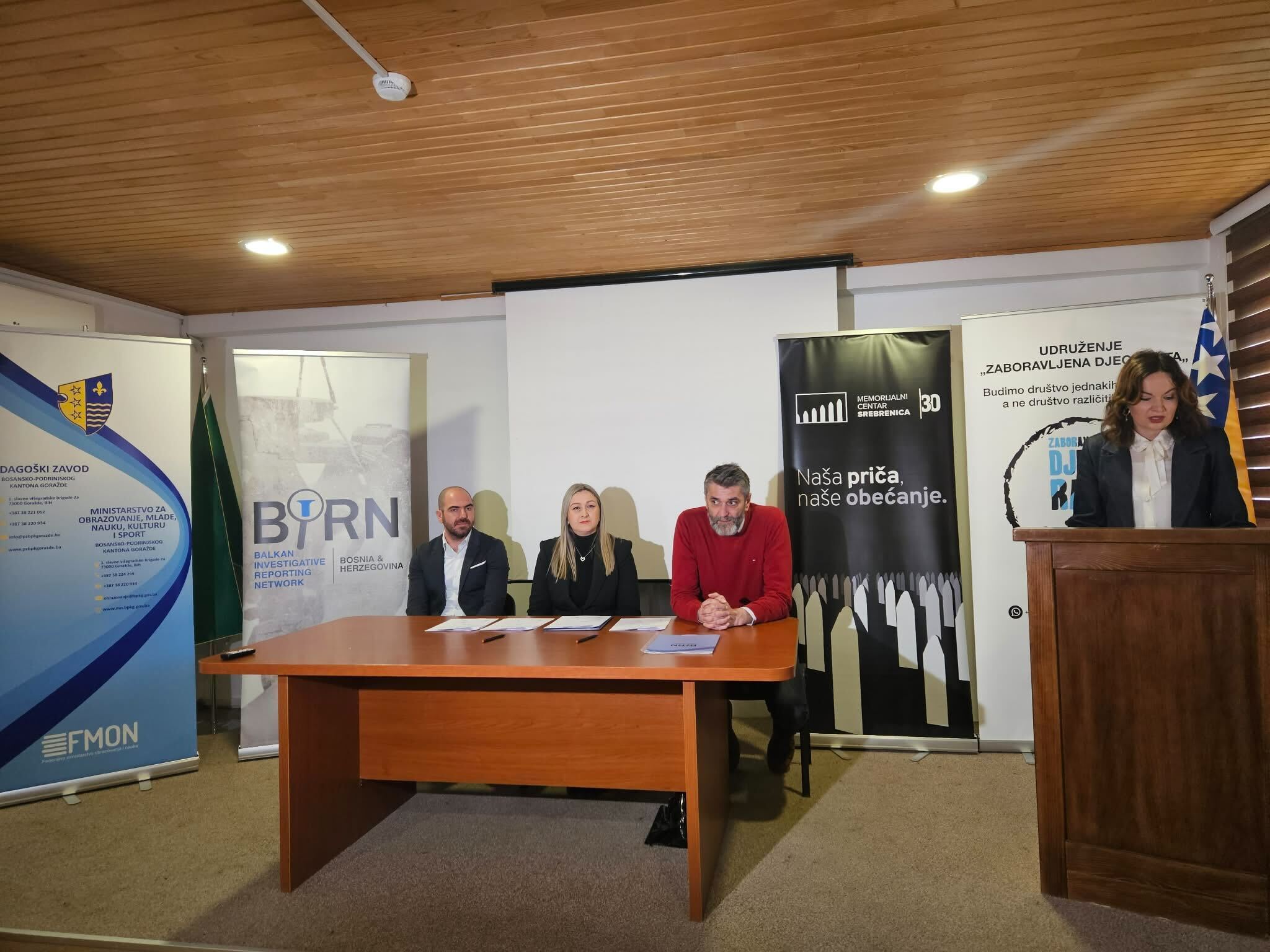This post is also available in: Bosnian
The Sarajevo-based court on Thursday convicted former fighter Dragomir Soldat of ordering the killings in Carakovo on July 23, 1992, and Velemir Djuric and Zoran Babic of taking the Bosniak victims from their homes in Carakovo and then shooting them dead outside the village mosque.
All three defendants were sentenced to 21 years in prison each.
Some of the men who survived the shooting died soon afterwards when Djuric and Babic set the mosque on fire, the court found.
Soldat was a military policeman with the 43rd Motorised Brigade of the Bosnian Serb Army, Djuric a member of the army’s Intelligence Centre, and Babic a reservist policeman in Prijedor.
According to presiding judge Mira Smajlovic, two witnesses who survived the massacre identified the defendants, and one of them, Sead Susic, described the shooting in detail.
“Babin stood seven metres from me and Djuric was nine metres away. I closed my eyes and waited for the bullet to pass. I then thought about my underage children,” the judge said, quoting Susic’s testimony.
Smajlovic said that the victims were all non-Serb civilians who were killed in cold blood.
“After taking the men from their homes, Soldat ordered them be taken to the mosque with the words ‘take them to the mosque let then pray to God and Alija ,” she said.
After shooting the men, Smajlovic said that Djuric, Babic and another unknown man set the mosque on fire, and that burning pieces of the buidling fell on the bodies.
She said that on the same day, Soldat also took two soldiers to a house in Carakovo, seized villager Mirzan Mujdzic, and told one of the soldiers to shoot him. “He told the soldier to take him behind the house, where Mujdzic was killed,” she said.
The court took into account the horrific nature of the crime as aggravating circumstances.
“The nature of the crime is that all nine people who were killed were related, and the loss is multiplied. An uncle, father and son from one family were killed. Some bodies decomposed becuase they remained in the sun for a long while, and that caused suffering to the mothers, wives and sisters who buried them,” said the judge.
Babic, who has already been jailed for 22 years for his role in the execution of 150 Bosniaks at Koricanske Stijene in August 1992, was given a combined sentence for both crimes of 35 years in prison.
The verdict can be appealed.

